“As a technologist, I see how AI and the fourth industrial revolution will impact every aspect of people’s lives.”
—Fei-Fei Li, a computer science professor at Stanford University and
co-director of Stanford’s Human-Centered AI Institute
AI is not just a buzzword in the tech industry anymore; it’s making its way into our classrooms, transforming the way we teach and learn. Particularly in mathematics, a subject often dreaded by students due to its complexity, AI is proving to be a game-changer.
Where earlier the math class used to be scribbling numbers or doing one or two-pager rough work to solve one equation. Where students used to spend hours finding out if their solution was correct or not as they didn’t have access to the answer key. The students of today, on the other hand, will not feel any of this. Plus, the dread of a math teacher will also be labelled of yesteryear as Artificial intelligence (AI) will be integrated to make teaching more innovative and interactive.
While AI is making the teaching process more interactive and personalised, it’s not limited to that. Here are some exciting ways that AI will lend a more dynamic support to the students:
Introduction of algorithms
Certain algorithms have been made that adapt to each student’s learning pace and style and it also strikes a balance in the concepts being taught so that they are neither overwhelmed by complexity nor bored by simplicity. You’ll be surprised to know that AI-based mathematics learning platforms have aided in enhancing the learning of complex mathematical concepts in fields like biology, mining, and the environment.
Introduction of chatbots
Chatbots are not just answering random questions. AI chatbots on AI-based mathematics learning platforms have been designed to engage preservice teachers in authentic teaching situations, improving their questioning skills through practice approximations.
High level of personalisation
Gone are those days when the students had to compete at the same level even when they held varied capabilities. Highly personalised adaptive learning software has entered the scene and mathematics learning platforms for students like Get Set Learn already provide products like Amira and Cerebry. The softwares use AI to adjust the difficulty of math problems in real-time based on a student’s performance. Cool, isn’t it?
Improved feedback loop
Students will no longer have to wait for the teachers to check their answers and highlight their mistakes, as now AI-based mathematics learning platforms for students also ensure an immediate feedback loop. Such instant feedback keeps the interest of the students intact and doesn’t let them feel demotivated. AI tools are designed to provide step-by-step solutions and give real-time feedback.
AI-based mathematics learning platforms are enabling education in never-thought-before ways to ease the process of understanding such a complex subject as math. AI is becoming the new friend who would help you to revise the subject right before the exam, it’s also becoming the teacher who gives you difficult and easy math problems to solve and yet, it’s also becoming the parent who guides you with hacks to ease your learning process. While it is in no way going to replace any of them but is a great support when a student is in need.
From homework assistants, complex math problem-solving calculators and virtual tutors to AI tools like ChatGPT which can generate rich math tasks and differentiate instruction, aligning with research-based educational practices, the world is seeing limitless possibilities to aid the learning process of K-12 students more and more. Here are some examples of how:
Enhancing number sense: AI can create activities and offer pedagogical tips to assess or reinforce number sense skills, crucial for understanding mathematical concepts.
Generating rich math tasks: Complex mathematical problems can also be produced by AI to encourage deep thinking and problem-solving, fostering critical reasoning skills.
Facilitating differentiation: AI supports personalized learning by tailoring tasks to individual students’ needs, ensuring each learner is appropriately challenged.
The key benefit covering all the aforementioned pointers is that AI is highly adaptable in learning which modifies itself according to the learning pace and style of each child, providing a tailored educational experience. Imagine how beneficial mathematics learning platforms can be for students who are less privileged and feel alienated by technology and advanced learning, AI will adapt to their learning requirements and understanding ultimately helping them get impersonated with these concepts and enhance their learning manifolds. Inclusive learning is one of the key pillars of the NEP 2020, which is why it is more important to stay in line with the 21st century developments and befriend AI to leverage its power for your learning needs to the best.
Dr. Ritu Uppal is the chief academics officer at Get Set Learn, an Arvind Mafatlal Group Company.











